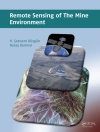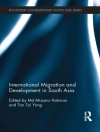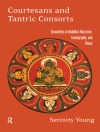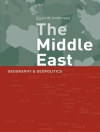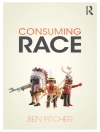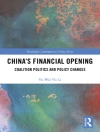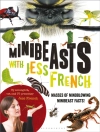Insect transgenesis promises improvements in agriculture, pharmaceuticals and public health. Many important insects can now be routinely transformed with effectors that have useful applications. Agriculture presents the largest market for transgenic insects and has a foundational history of success with sterile insect technique for control of pests including Mediterranean fruit flies and screwworms. Biotechnology will contribute superior markers, suppressible sterility and sex-conversion. Public health is also seeing transgenic mosquitoes developed which suppress natural populations and are incapable of transmitting disease. Experts in the field will contribute their insights into the latest technology and its applications. Authors will also consider the larger risks, social and economic aspects of transgenic insects whose value must be proven in political, regulatory and public acceptance arenas.
Über den Autor
Mark has a Ph D in entomology with an emphasis on molecular biology and genetics from the University of Florida. He has been a developer of technology for developing transgenic insects, developed insectary methods for producing mosquitoes for release into the field, directed field studies underlying releases of transgenic insects and assisting developing country operations where transgenic insects will be used. He has worked at USDA, the Centers for Disease Control and Prevention (CDC), the International Atomic Energy Agency and the University of Perugia. He is currently a research biologist at the CDC and is based in Atlanta, GA USA. He has contributed book chapters and over 100 peer reviewed publications.


